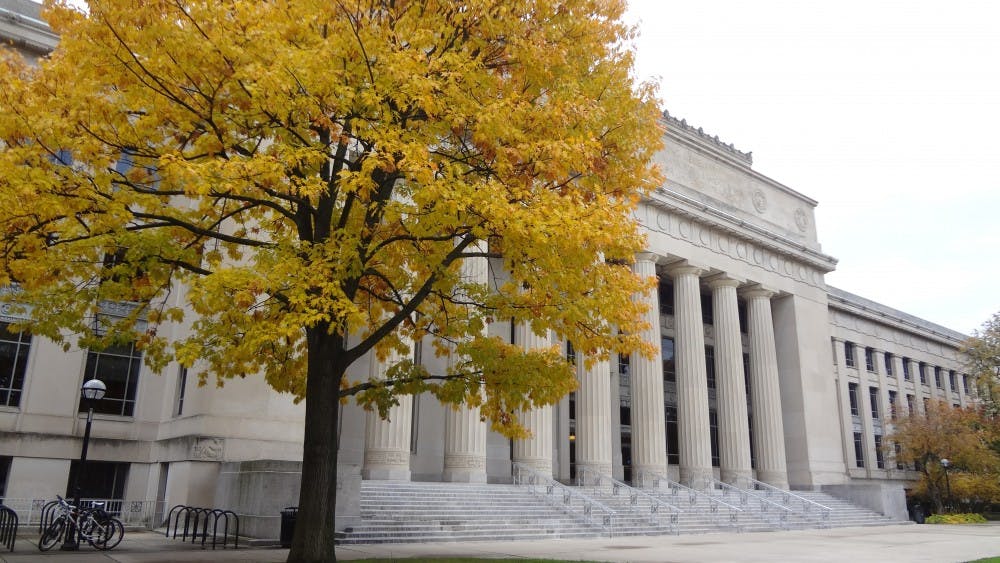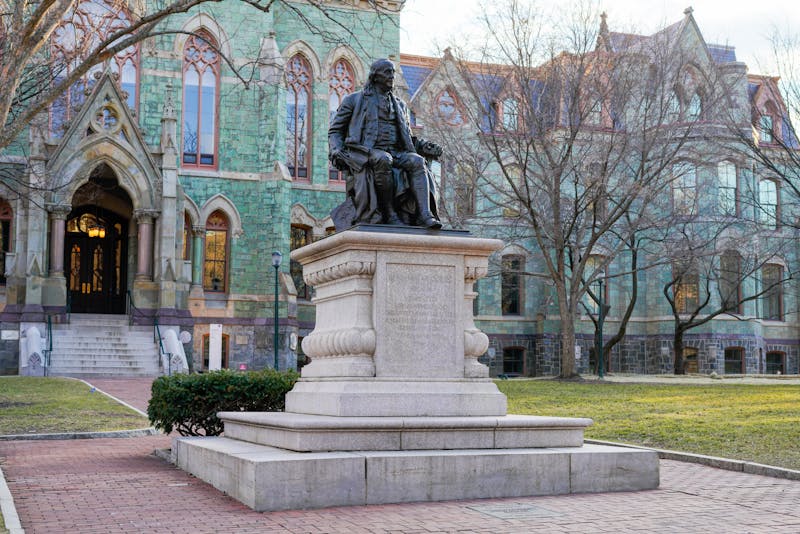
Photo by Vasenka Photography // CC BY 2.0
The University of Michigan, home to 36 NCAA championships and over 600,000 living alumni, became the most notable school in recent months to sanction Greek life, joining Ohio State, Texas State, Louisiana State, and Penn State universities.
While sanctions at Texas State, LSU, and Penn State were handed down by university officials after the tragic deaths at fraternity events, Greek student leaders at Michigan voted to suspend fraternities indefinitely as a result of serious allegations, including hazing and sexual misconduct.
University administrators are looking into six counts of hazing, allegations of drugging, and purported instances of sexual misconduct perpetrated by fraternity members.
The vote by Michigan's Interfraternity Council, which was first reported by campus newspaper The Michigan Daily, banned Greek activities like date parties, mixers, and pledging until the incidents are fully investigated.
Alec Mayhan, the executive vice president of the IFC, told the Daily some members have not been holding themselves to the “high standards” of the IFC.
“We believe that social events are a privilege, and we, as a community, have not earned this privilege at this time," he said in a statement.
The new regulations only affect the 27 fraternities that are under the control of the IFC, which does not include the four historically African-American fraternities. These fraternities are under the National Pan-Hellenic Council, and are still allowed to host social events.
Rick Fitzgerald, a spokesman for the university, told the Daily that school and local authorities are investigating misconduct complaints. He added that since sororities do not normally host house parties, they would not be affected by the IFC’s new rules.
Fitzgerald said the university did not pressure the IFC to take action and is not looking to ban fraternities altogether.
“The Greek life community has a long history and is doing a lot of good on our campus,” he said. "About 20 percent of our student body is involved in Greek life, so it’s an important part of the student experience here.”
This suspension comes amid a wave of similar restrictions on Greek life at universities across the country.
Texas State President Denise Trauth suspended all Greek life activities until “a thorough review of the Greek Affairs system is completed” after sophomore transfer student Matthew Ellis, a Phi Kappa Psi fraternity pledge, was found dead at an off-campus apartment.
This ban includes new-member events, chapter meetings, social functions, and philanthropic activities.
F. King Alexander, president of LSU, also suspended all fraternity and sorority activities at the school this past September. This action was prompted by the alcohol-related death of 18-year-old freshman Maxwell Gruver during a fraternity hazing event.
Ten LSU students were arrested for misdemeanor hazing charges in October in connection to the death, with one student facing an additional felony charge of negligent homicide.
On Oct. 4, Greek life activities resumed at LSU under new limits. Alexander also created a task force to review Greek organizations.
Florida State University President John E. Thrasher decided to suspend all Greek activities and impose new rules after the death of Andrew Coffey, a 20-year-old Pi Kappa Phi fraternity pledge, and the arrest of Garrett John Marcy, a Phi Delta Theta fraternity member, for selling and distributing cocaine. These new restrictions ban all 55 Greek organizations from tailgating, hosting parties, and participating in intramural activities. In addition, all members are banned from upcoming university homecoming events.
FSU has also banned alcohol at events hosted by 700 other non-Greek student groups.
Thrasher said these regulations would remain until Greek members become committed to a “new normal," according to The New York Times. Students in the Greek system must work with FSU’s Division of Student Affairs to establish new conduct guidelines.
“The message is not getting through,” Thrasher said at a news conference reported on by the Times. “There must be a new culture, and our students must be full participants in creating it.”
The Daily Pennsylvanian is an independent, student-run newspaper. Please consider making a donation to support the coverage that shapes the University. Your generosity ensures a future of strong journalism at Penn.
Donate






